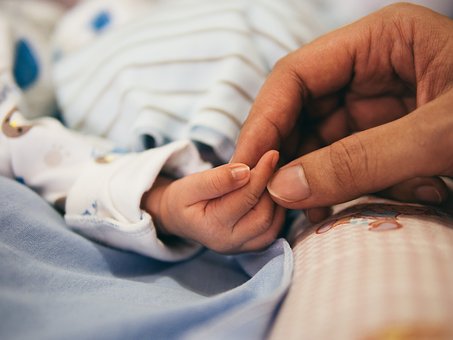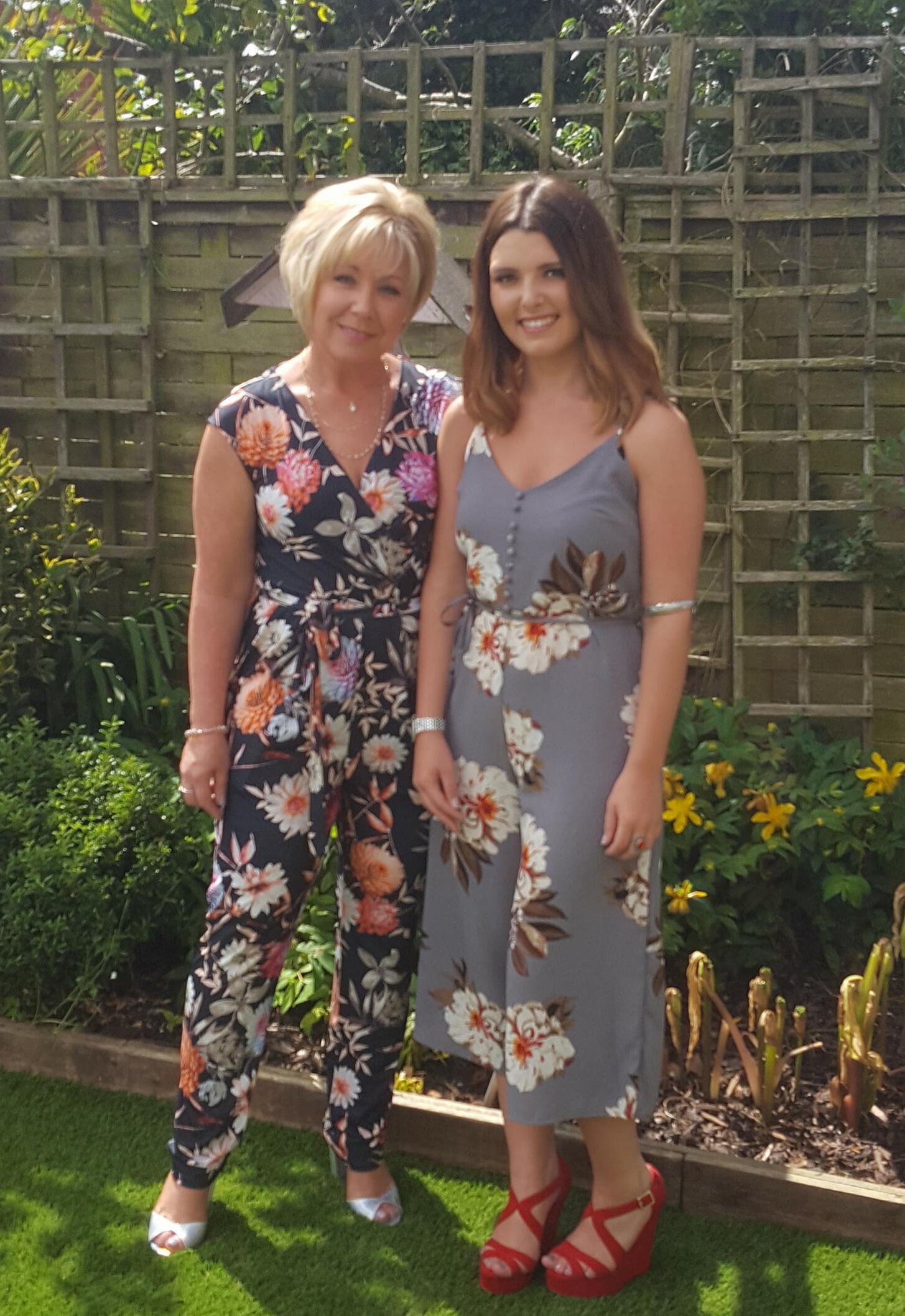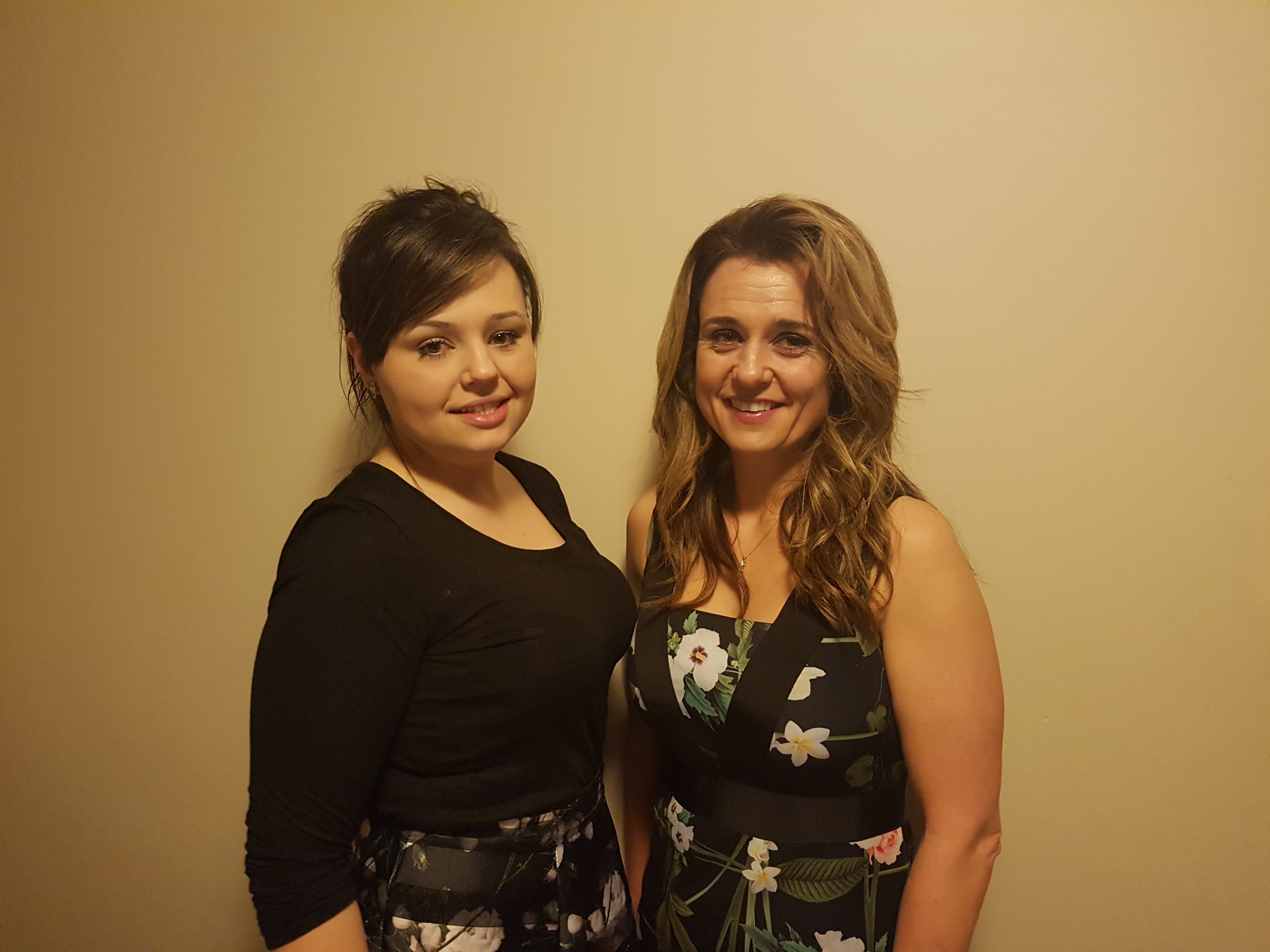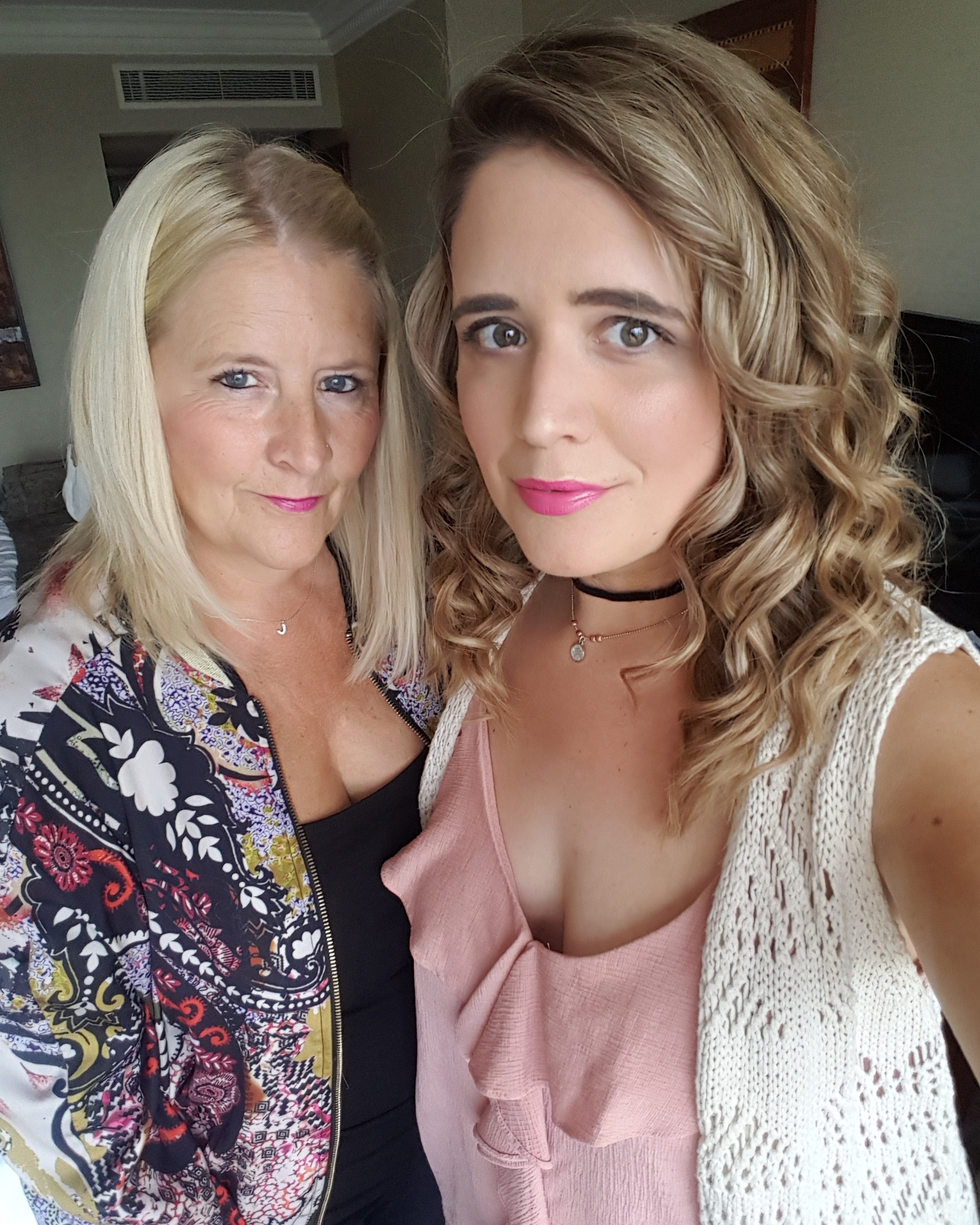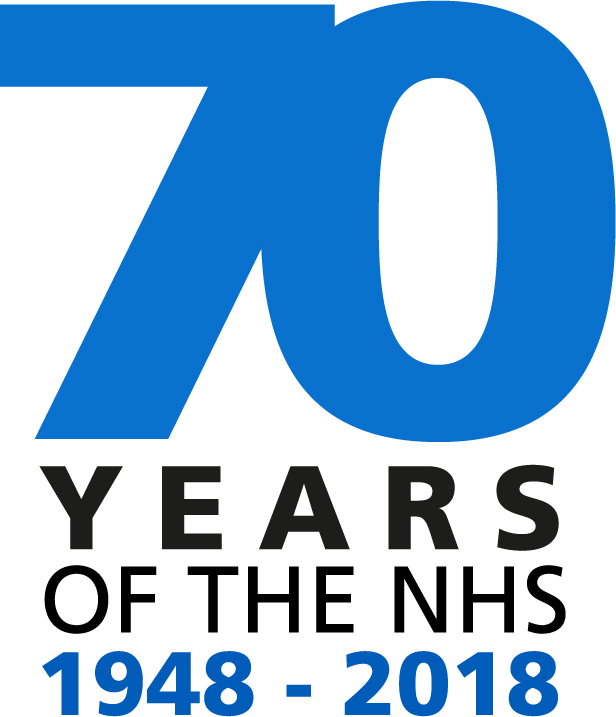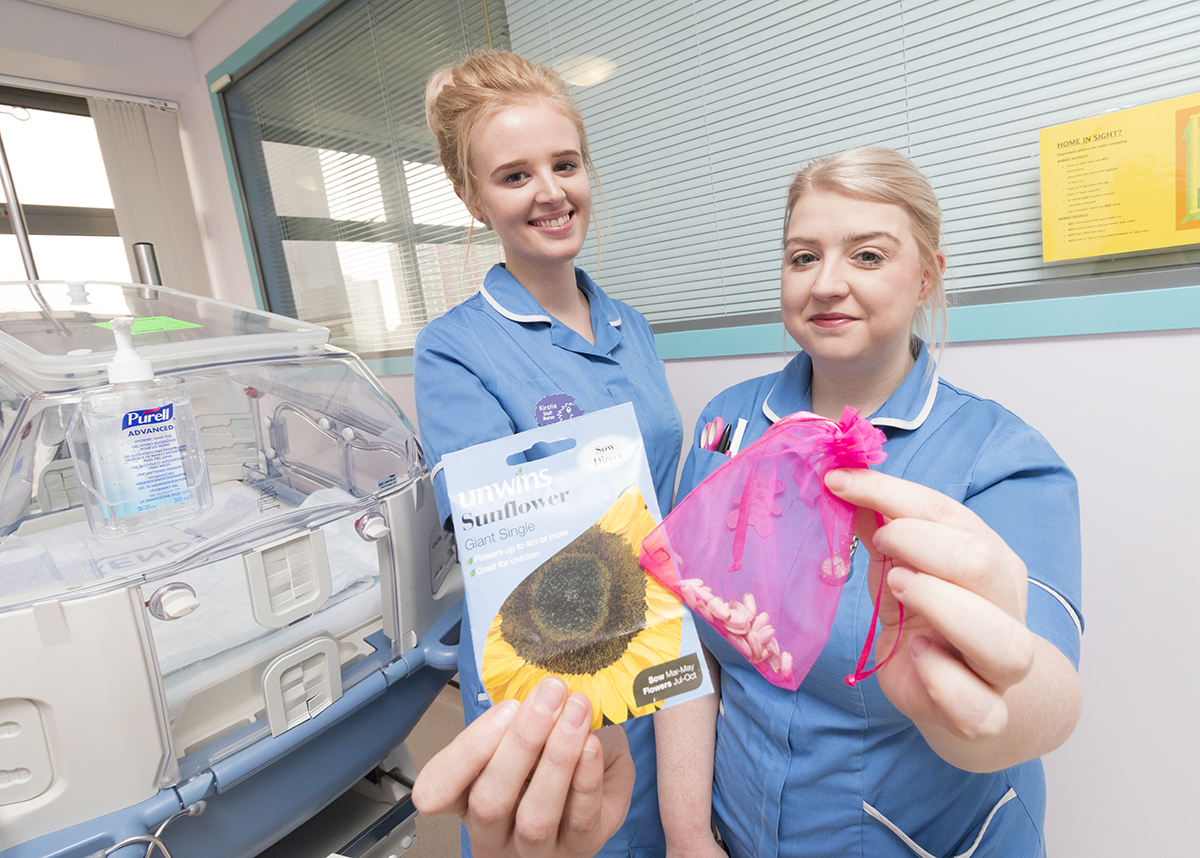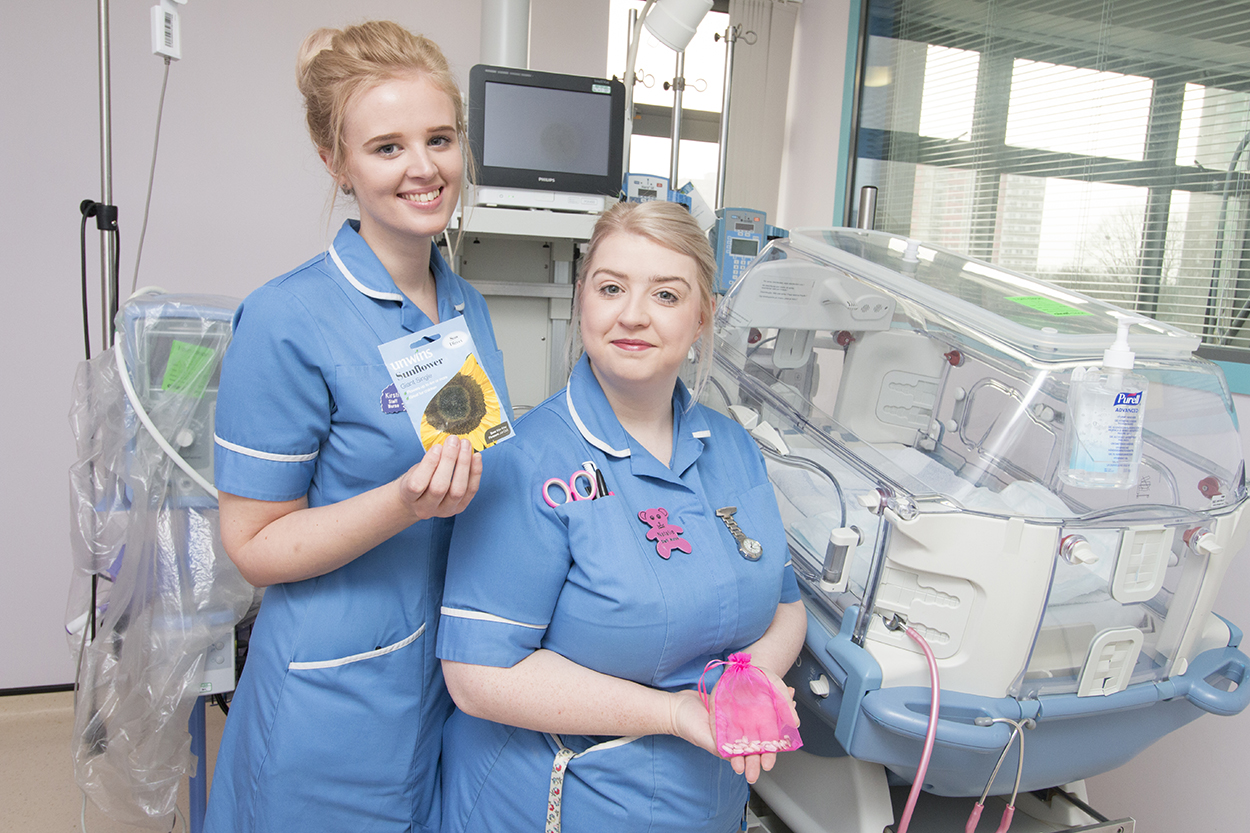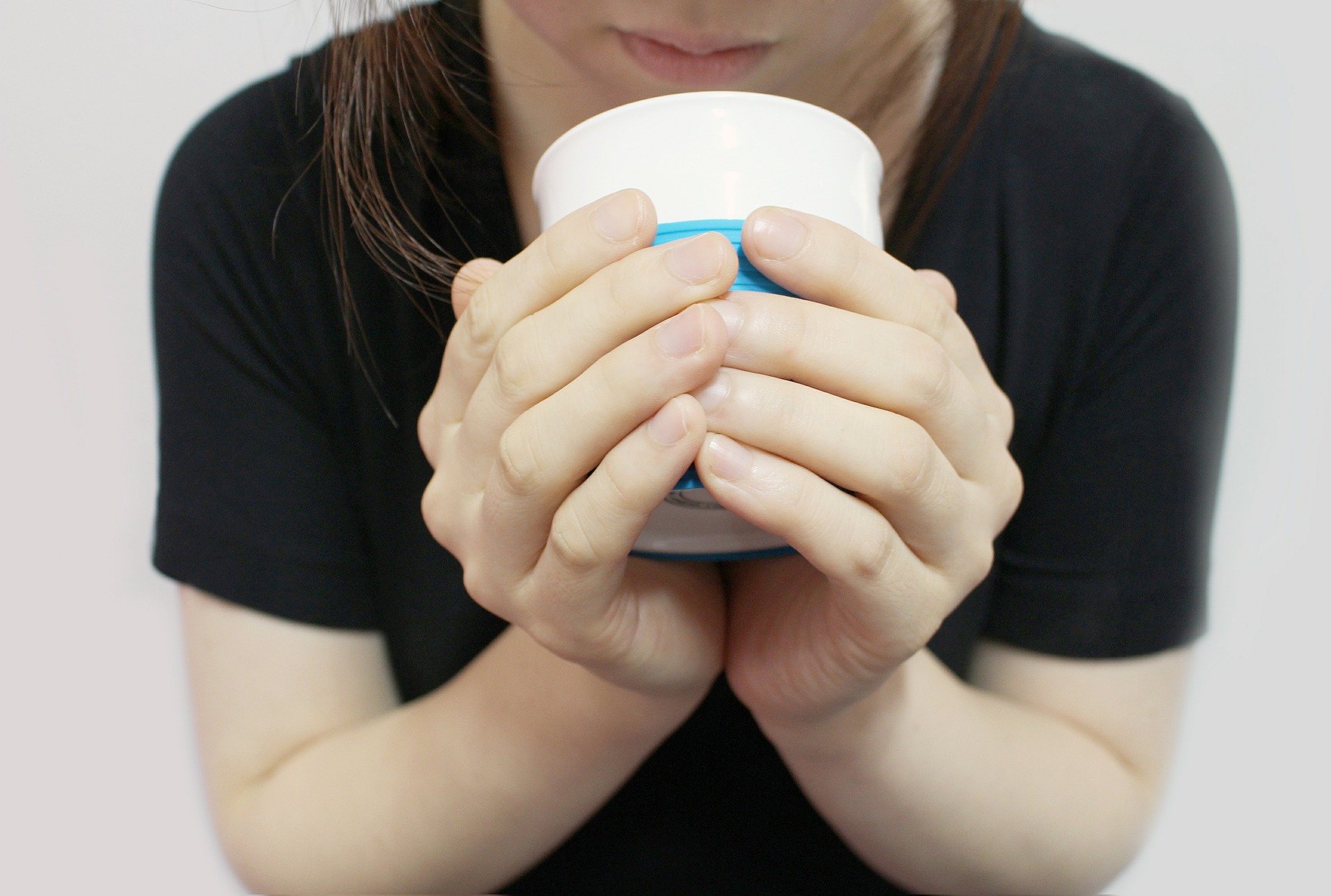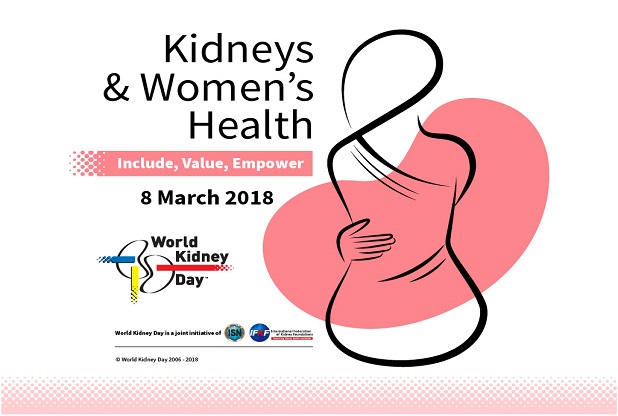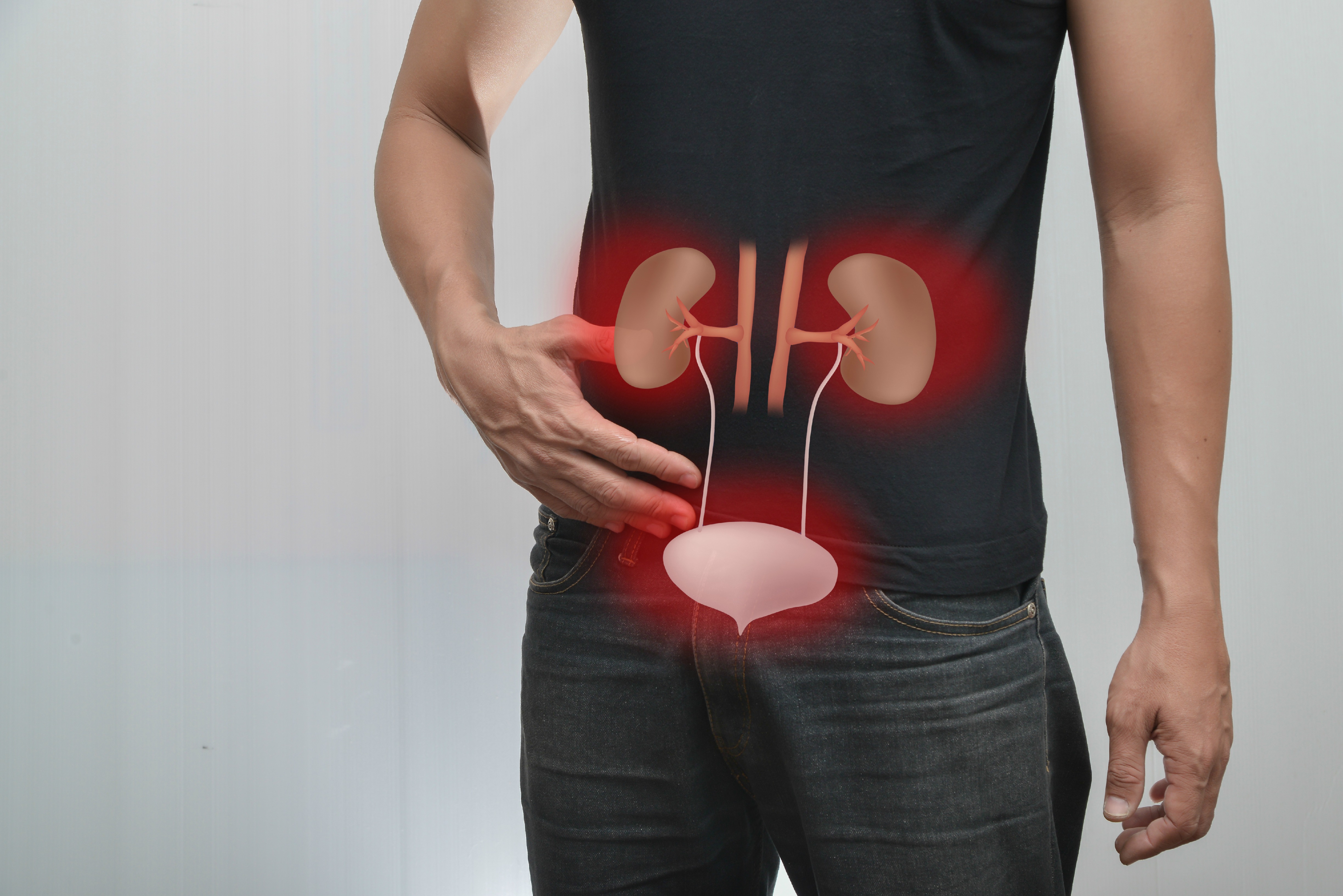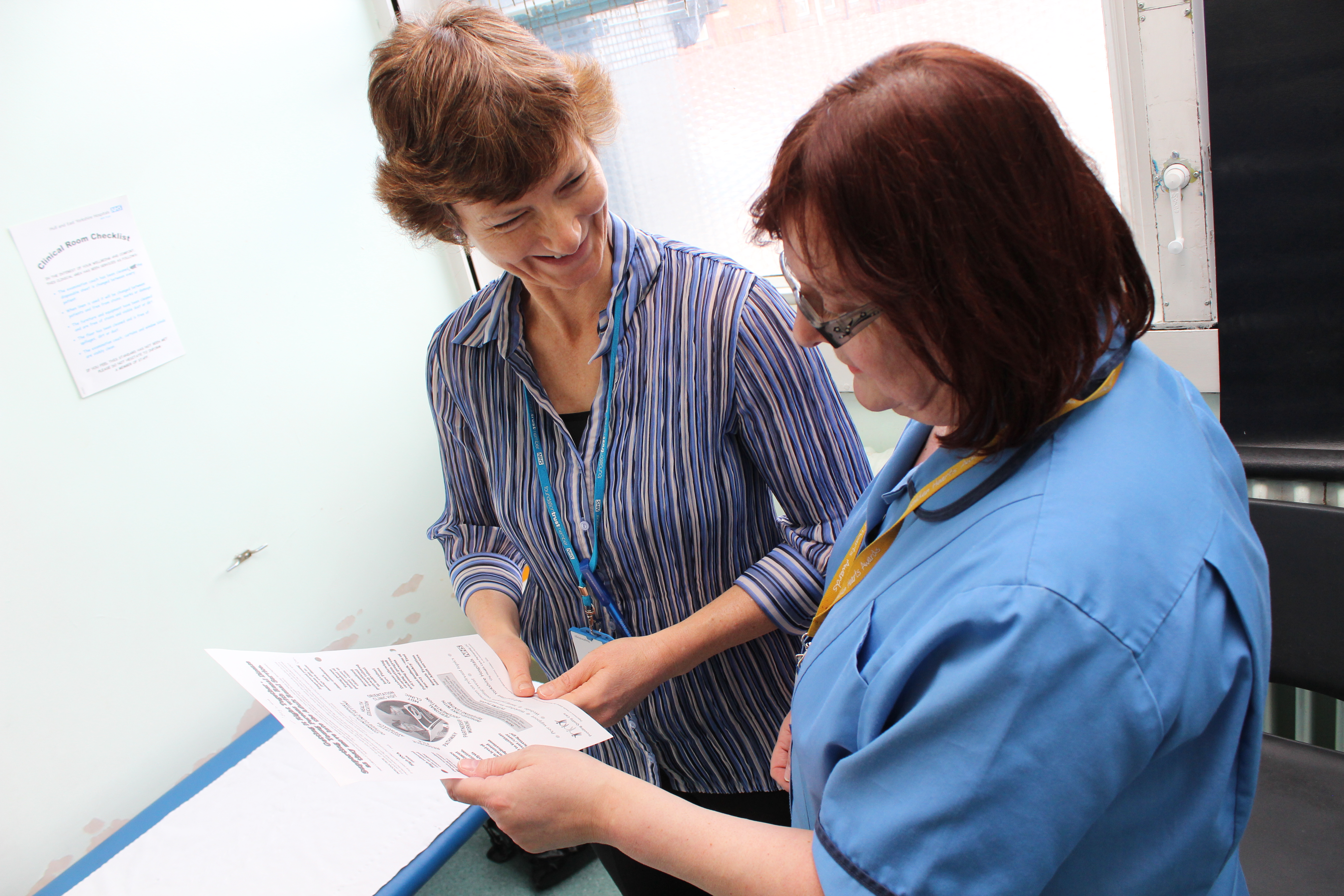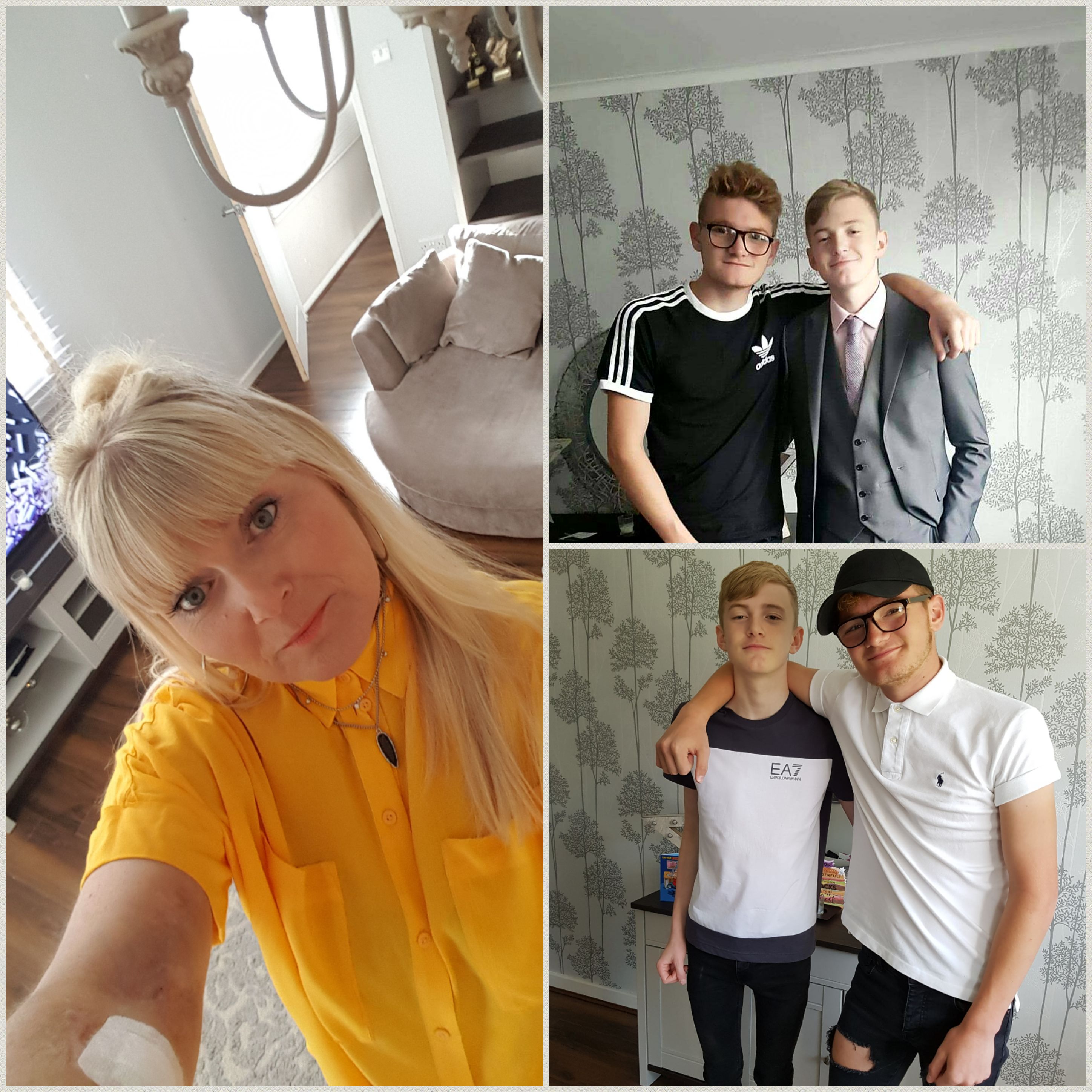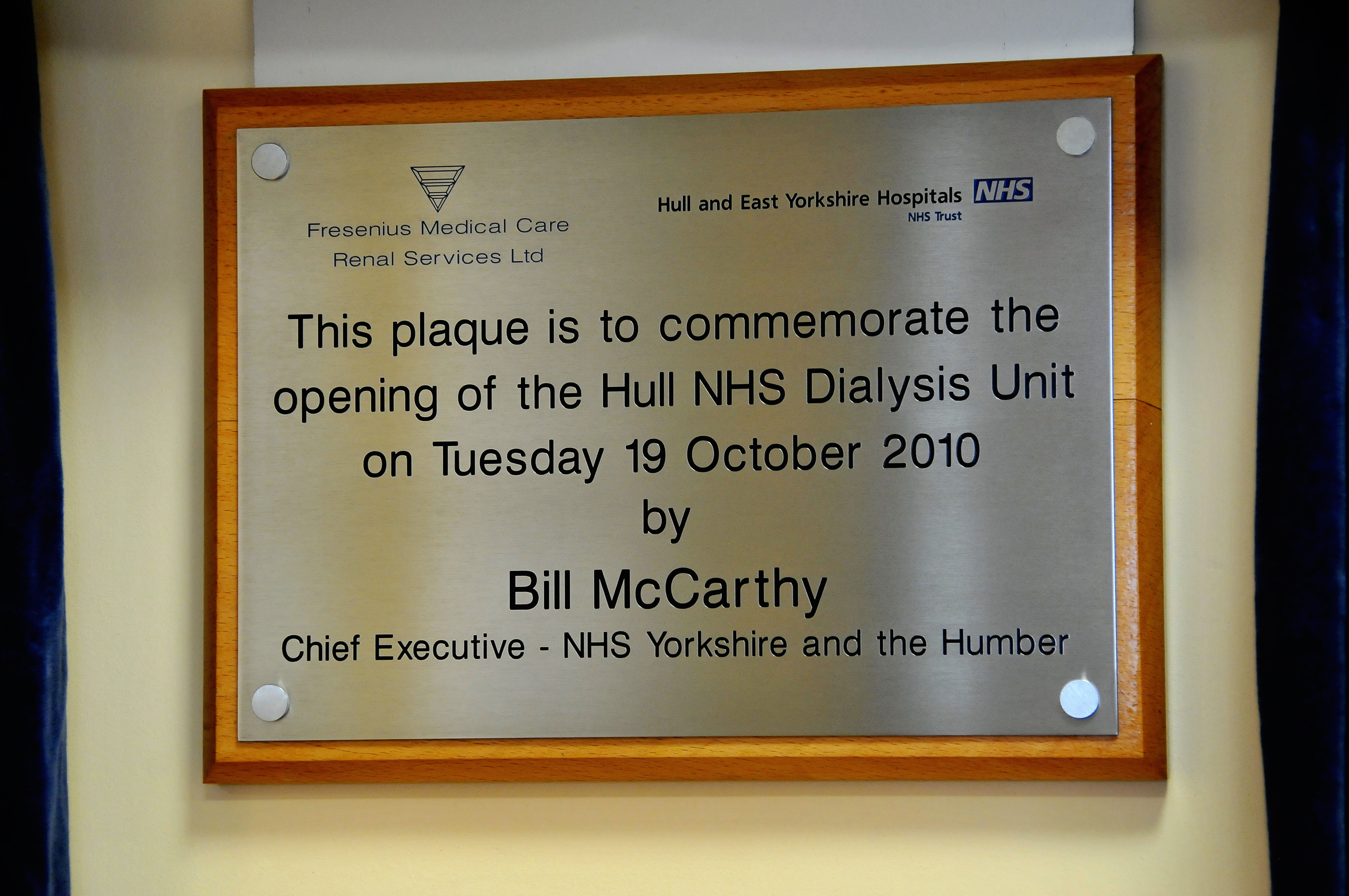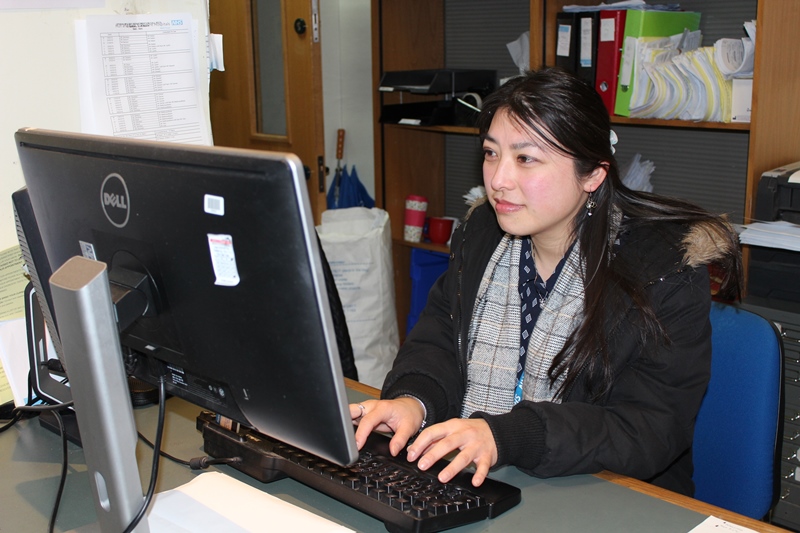Midwives from Hull Women and Children’s Hospital will attend St Stephen’s shopping centre today (Monday) to help prevent more babies dying from cot death.
Sudden Infant Death Syndrome (SIDS) claims the lives of more than four babies every week and midwives are promoting the steps parents can take to lower the risk of losing their child.
Three midwives will attend the shopping centre today to give advice to parents as part of Safer Sleep Week.
Midwife Dawn Taylor said parents-to-be in Hull and the East Riding receive information warning of the risks of SIDS and how to keep their babies safe throughout pregnancy.
The trust also educates parents on safer sleeping techniques at its HEY Baby Carousel events on the last Wednesday of every month.
Dawn said: “From the minute parents walk into the hospital, they get information on safer sleeping as we’ve got a giant pull-up banner giving all the advice in the foyer.
“They get leaflets throughout their antenatal care, when they come into hospital and before they go home.
“By following the advice, parents can reduce the risk of living with the grief and lifelong heartache of losing a child.”
Dawn said parents should be aware of the safer sleep guidance long before they leave hospital with their newborn babies.
- Share a room with your baby. It halves the risk of SIDS
- Stop smoking. More than a third of deaths could be avoided if no women smoked during pregnancy
- Lie your baby on their back to sleep. Babies placed on their front to sleep are six times more at risk of SIDS than a baby placed on their back
- Don’t fall asleep on the sofa with your baby – it can increase the chance of SIDS by up to 50 times
All parents can ask for advice about safe sleeping at any point during their stay in hospital and they can also ask their community midwife.
The trust will also host the training seminar at its Medical Education Centre at Hull Royal Infirmary on Wednesday as part of Safer Sleep Week.
Detective Inspector Nick Ram of Humberside Police’s Protecting Vulnerable People (PVP) unit will outline his work to prevent the deaths of babies living with parents who abuse drugs and alcohol before falling asleep on sofas.
He said: “I attended three deaths in three weeks about two or three years ago and it bothered me that there were too many.
“I try to prevent more from happening.
“And when you talk about protecting vulnerable people, who could be more vulnerable than a baby who can’t feed or clothe themselves or talk?”
Gill Ryder of the Lullaby Trust, Isabel Carrick, chair of the East Riding and Hull Infant Safer Sleep Steering Group, will also speak at the seminar about work under way both nationally and locally to promote steps parents can take to lower the risk of losing their child to SIDS.

